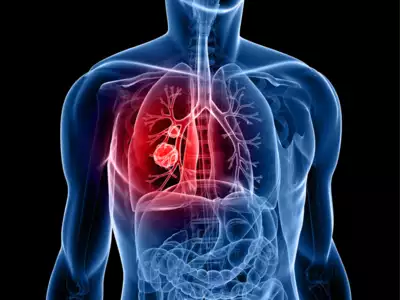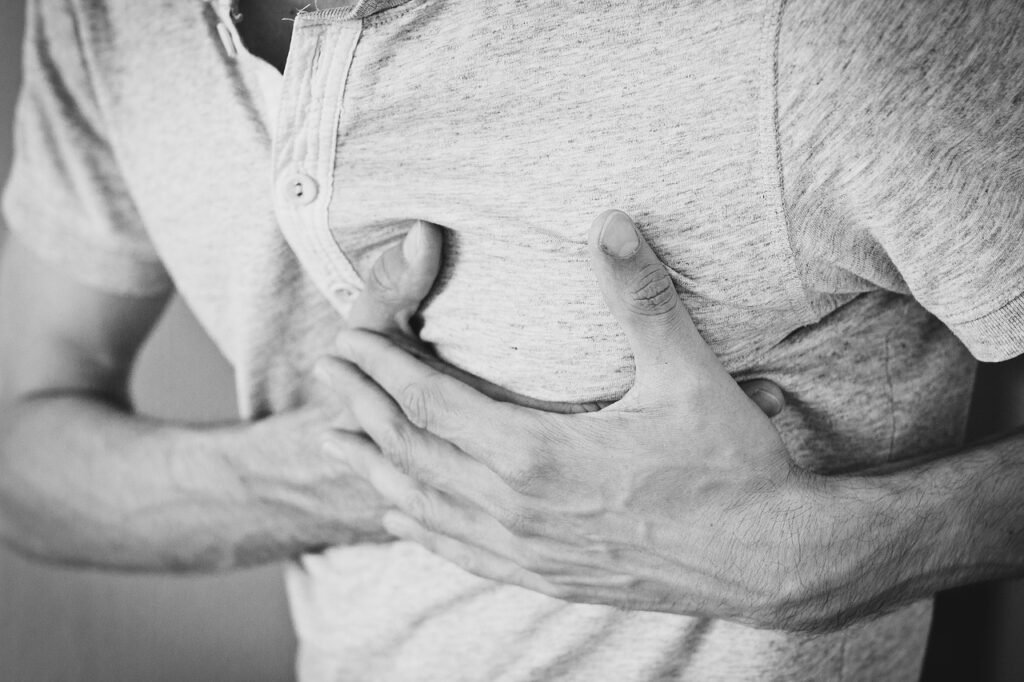Symptoms heart failure in elder Heart failure in the elderly can present with a variety of symptoms, which may often be mistaken for normal aging. It’s important to recognize these signs for proper diagnosis and treatment. Common symptoms include:
1. Shortness of Breath: Difficulty breathing, especially during physical activity or while lying down.
2. Fatigue and Weakness: Reduced ability to perform physical activities and feeling tired even with minimal exertion.
3. Swelling (Edema): Swelling in the legs, ankles, feet, abdomen, or veins in the neck. This results from fluid retention.
4. Persistent Cough or Wheezing: A cough that produces white or pink blood-tinged mucus. This can be due to fluid buildup in the lungs.
5. Rapid or Irregular Heartbeat: The heart may try to compensate for its weakened ability to pump blood by beating faster or irregularly.
6. Increased Need to Urinate at Night: Also known as nocturia, this can be due to fluid buildup during the day being redistributed when lying down.
7. Swelling of the Abdomen: Due to fluid buildup in the liver and abdomen.
8. Difficulty Concentrating or Decreased Alertness: Reduced blood flow to the brain can affect mental clarity.
9. Decreased Appetite and Nausea: The digestive system can become congested due to fluid buildup, leading to a feeling of fullness and loss of appetite.
10. Weight Gain: Sudden weight gain from fluid retention can be a sign of heart failure.
11. Chest Pain: If heart failure is caused by a heart attack, the patient may experience chest pain.
It’s important for elderly individuals and their caregivers to be vigilant about these symptoms and seek medical attention if they occur. Early diagnosis and management can improve the quality of life and outcomes for those with heart failure.ly
EARLY SIGN OF HEART FAILURE IN ELDERLY

Early signs of heart failure in the elderly can be subtle and easily mistaken for normal aging or other health conditions. Recognizing these early symptoms can lead to timely medical intervention.
1. Fatigue: An unexplained increase in tiredness or a general feeling of low energy can be an early sign. Activities that were once easy may become more exhausting.
2. Shortness of Breath: Experiencing breathlessness during routine activities, walking up stairs, or even while resting can be a key early indicator.
3. Swelling: Mild swelling (edema) in the feet, ankles, legs, or abdomen can develop early in heart failure. This is due to fluid retention.
4. Weight Gain: Unexplained and sudden weight gain can result from fluid accumulation, even if dietary habits haven’t changed.
5. Persistent Cough: A frequent, unexplained cough or wheezing, which may produce white or pink blood-tinged mucus, can be an early sign of fluid buildup in the lungs.
6. Difficulty Sleeping: Trouble breathing when lying flat, which may require the use of extra pillows or sleeping in a reclined position to feel comfortable, is an early symptom.
7. Loss of Appetite and Nausea: Feeling full quickly, a reduced appetite, or nausea can occur due to fluid retention affecting the digestive system.
8. Confusion or Memory Impairment: Changes in mental alertness, such as difficulty concentrating or mild confusion, can be related to reduced blood flow to the brain.
9. Frequent Urination at Night: Increased need to urinate during the night (nocturia) can be a sign of fluid redistribution in the body.
10. Chest Discomfort: Although less common in the early stages, any unusual chest discomfort or pressure should be taken seriously and evaluated by a healthcare professional.
If any of these symptoms are present, it’s important to consult a healthcare provider for a thorough evaluation. Early diagnosis and management of heart failure can help improve the quality of life and prevent the progression of the condition.
ELDERLY END STAGE HEART FAILURE SYMPTOMS

End-stage heart failure in the elderly is a severe and often terminal phase of heart failure, where the heart can no longer pump enough blood to meet the body’s needs. Symptoms can be intense and significantly impact the quality of life. Here are some common symptoms:
1. Severe Shortness of Breath: Even at rest, patients may experience significant difficulty breathing. This is often worsened by lying down and may require the use of supplemental oxygen.
2. Extreme Fatigue and Weakness: Daily activities may become nearly impossible due to profound fatigue and a general sense of weakness.
3. Persistent Cough or Wheezing: A chronic cough that produces pink or blood-tinged mucus is common due to fluid buildup in the lungs (pulmonary edema).
4. Swelling: Significant swelling in the legs, ankles, feet, abdomen, and sometimes the face, due to fluid retention (edema).
5. Rapid or Irregular Heartbeat: Palpitations or a racing heart can be frequent as the heart struggles to maintain adequate blood flow.
6. Severe Weight Gain or Weight Loss: Rapid weight gain from fluid retention or, conversely, significant weight loss due to muscle wasting (cardiac cachexia).
7. Loss of Appetite and Severe Nausea: Eating may become difficult due to a feeling of fullness, nausea, and vomiting.
8. Confusion and Cognitive Impairment: Reduced blood flow to the brain can cause significant confusion, memory problems, and difficulty concentrating.
9. Chest Pain: Some patients may experience chest discomfort or angina, although it may not be as common as in earlier stages.
10. Frequent Urination: An increased need to urinate, particularly at night (nocturia), can persist.
11. Cool, Clammy Skin: Reduced circulation can cause the skin to feel cool and clammy, especially in the extremities.
12. Severe Anxiety and Depression: The physical limitations and constant discomfort can lead to severe emotional distress.
13. Syncope (Fainting): Episodes of fainting or near-fainting can occur due to reduced blood flow to the brain.
End-stage heart failure often requires comprehensive palliative care to manage symptoms and improve quality of life. This may include medications, lifestyle adjustments, and supportive measures such as home oxygen therapy. It’s crucial to have open communication with healthcare providers to ensure the patient’s comfort and address their needs and wishes during this advanced stage of the disease.



